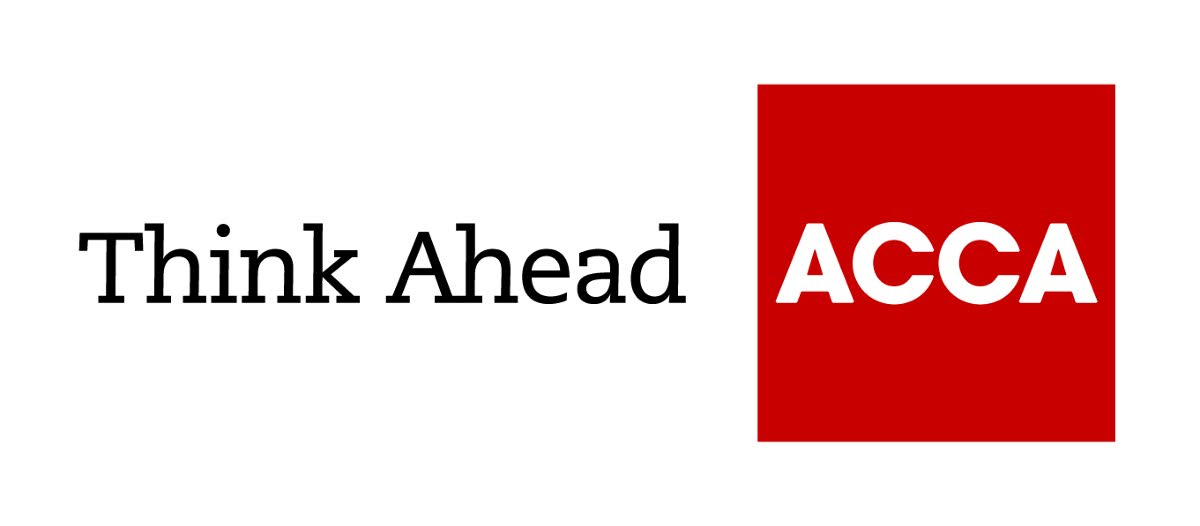Combatting the talent crunch

ACCA's annual survey reveals that 73 per cent of finance professionals in the Caribbean say a strong diversity and inclusion culture is a key factor in deciding to work at an organisation, as the talent crunch continues, with over half expecting their next career move to be external to their current employer.
This wake-up call for employers comes from the biggest global talent survey across the accountancy profession, ACCA’s Global Talent Trends Survey 2024.
The survey provides a unique and vital view of how people feel about their life at work.
Nearly 10,000 professional accountants from 157 countries, including Caribbean countries, were asked about their concerns about work in the future and career aspirations.
The survey also assessed key workplace issues such as hybrid working, diversity, mobility, mental health and the challenges posed by the cost-of-living crisis.
Key themes that have emerged this year are as follows:
* Seventy-three per cent of the Caribbean respondents, like the global respondents, believe that a strong diversity and inclusion culture would significantly influence their decision to work for an organisation.
Employers still have work to do on diversity, as only 43 per cent of Caribbean finance professionals believe their organisation is inclusive, which falls significantly short of the global figure of 58 per cent.
* Professional accountants have endless career opportunities, with over half expecting their next career move to be outside their current organisation, posing an ongoing challenge for employers in terms of retention.
* Global economic challenges persist, placing significant pressure on talent attraction and retention. 58 per cent of professionals worldwide intend to request a salary increase in 2024, with half believing they will need to switch employers to secure one. In the Caribbean, 67 per cent expressed dissatisfaction with their current salary (compared to 55 per cent globally), yet only 37 per cent plan to ask for a raise, with 54 per cent believing that the most effective way to improve their pay is by seeking opportunities elsewhere.
* Seventy-two per cent of employers in the Caribbean (compared to 78 per cent globally) are excited about the potential of AI to empower finance professionals to add more value.
However, 24 per cent of employees still express concerns about the rapid pace of AI-driven change, although this figure is notably lower than the global average of 37 per cent.
* In the Caribbean, 61 per cent of respondents (compared to 57 per cent globally) report that work pressures negatively impact their mental health, with nearly half still feeling that their employer does not consider mental health to be a priority.
* In the Caribbean, hybrid working is gradually gaining traction, yet significant disparities persist between employee preferences and employer demand.
While 75 per cent of finance professionals in the Caribbean expressed a preference for hybrid work, many employers still advocate for full-time office work.
Only 32 per cent embrace hybrid setups, with 62 per cent adhering to full office-based models. Additionally, 17 per cent of respondents wish to work fully remotely.
Jamie Lyon, global head of skills, sectors and technology at ACCA, said: "The shortage of talent and cost of meeting pay rise demands, together with the many job opportunities available to professional accountants, means that attracting and retaining talent presents a huge ongoing challenge for employers."
Lyon said it’s unsurprising that the number of respondents planning to move away from their organisations remains high, at 54 per cent again this year. He added that there is a real opportunity for employers who are strong in this area to differentiate themselves in a competitive market.
Paula Marcelle-Irish, head of ACCA Caribbean, said: "Forty-seven per cent of respondents in the Caribbean feel they are not acquiring the skills required for the future workplace. While this figure is slightly better than the global average of 54 per cent, it still signals a potential skills deficit.
"And working practices are a topic of discussion. While 74 per cent report feeling more productive when working remotely, 37 per cent note that it makes collaboration with colleagues more challenging. The figures become particularly interesting when considering the context of mental health challenges emerging among finance professionals in this region," Marcelle-Irish said.


Comments
"Combatting the talent crunch"